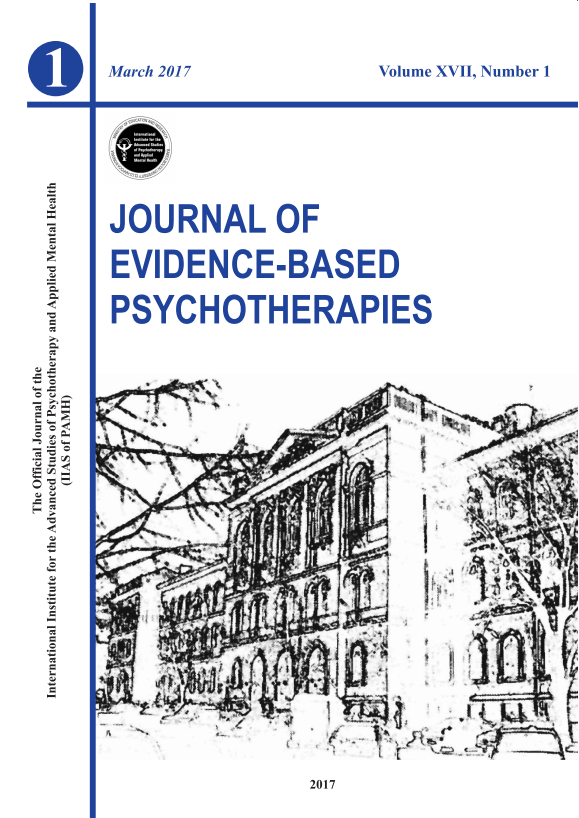auraszentagotai@psychology.ro
Lia-Ecaterina Oltean1,2; Miruna-Gabriela Canache1,3; Andrei Patrichi1,3; Raluca Ioana Rîmbu1,3; Daria Sîntoma1,3; Andrei C. Miu4, Aurora Szentágotai-Tătar1,2,5*
1 The International Institute for the Advanced Studies of Psychotherapy and Applied Mental Health, Babeș-Bolyai University, Cluj-Napoca, Romania
2 Department of Clinical Psychology and Psychotherapy, Babeș-Bolyai University, Cluj-Napoca, Romania
3 Evidence-Based Assessment and Psychological Interventions Doctoral School, Babeș-Bolyai University, Cluj-Napoca, Romania
4 Cognitive Neuroscience Laboratory, Department of Psychology, Babeș-Bolyai University, Cluj-Napoca, Romania
5 Applied Clinical Psychology Laboratory, Institute for Research, Development and Innovation in Biotechnologies, Babeș-Bolyai University, Cluj-Napoca, Romania
Abstract
We aimed to identify and report data from studies investigating associations between loneliness and maladaptive cognitions. Eighteen studies were included in the present systematic review. Findings generally supported positive associations between loneliness and maladaptive cognitions, and this pattern was consistent across different type of cognitions. Maladaptive cognitions may represent vulnerability factors for loneliness, but given that most evidence comes from studies reporting cross-sectional data in convenience samples, further research is needed to clarify the nature and dynamic of the association. Existing studies provide evidence for a relation between loneliness and maladaptive cognitions, and support the relevance of further research on this topic.
Keywords: loneliness; cognitive vulnerability; maladaptive cognitions; maladaptive schemas.
Please cite this article as: Oltean, L. E, Canache, M. G., Patrichi, A., Rîmbu, R. I., Sîntoma, D., Miu, A. C., & Szentágotai-Tătar, A. (2024). LONELINESS AND COGNITIVE VULNERABILITY FACTORS: A SYSTEMATIC REVIEW FOCUSED ON MALADAPTIVE COGNITIONS. Journal of Evidence-Based Psychotherapies, 24(2), 117-138.
DOI: 10.24193/jebp.2024.2.14
Published online: 2024/09/01
Published print: 2024/09/01
